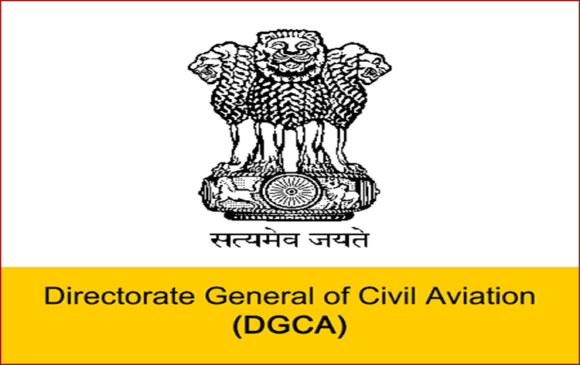Airlines sell a schedule – yes, you buy a seat to move you from A to B, but the seat choice is nuanced—the price of the seat matters, and so does the schedule. Seat or ticket prices vary by demand – a flight at 8:30 am will be much more popular than a flight at 5:30 am. The early flight can therefore be expected to be priced cheaper. This is simplified because those nuances can drive a flight selection that depends on each traveler’s tradeoff choices.
We want to focus on which airlines will most likely waste your time. Your time is not free. When you select a flight, you see the schedule and price and then pay 100c on the dollar for what you are offered. How often do you get what you pay for?
Using the US DoT On-Time dataset, we offer the following chart. The 2023 Cost per Delayed Minute number is derived from DoT’s Form 41 data.

We noted above that your time is not free. But it is treated as free by airlines. If you’re in doubt about that, please review each airline’s contract of carriage. You might be amazed at the conditions you accept when you buy an airline ticket.
You can readily see why the government has been persuaded to accept the 15-minute rule – where any flight arriving within 15 minutes of schedule is regarded as “on time.” Perhaps the government can be so swayed. But shareholders should not be at all. Take a look at that cost per delayed minute value. The time lost is unrecoverable and most certainly not free.
-
- In 2013, Robert Isom explained how crucial it is to keep an airline schedule. Ten years later, that still holds, and now Mr. Isom is the boss at American Airlines. Every lost minute costs American $122 – a ten-minute delayed arrival is worth over $1,200 or likely three paid seats.
- In 2023, among American’s top 20 arrival airports, the average delayed arrival is 12.9 minutes. How big is the problem? Through April 2023, there were 335,944 flights departing 15 minutes or more behind schedule – that amounts to 17% of flights.
- Regarding delayed arrivals (15 minutes or more) for the period, there were 335,897, also 17% of flights. Only 47 of the delayed departures were recovered to arrive on time, which ignores schedule padding.
- What did those delay cost? About $692m, or roughly the cost of 15 new MAX8s.
How about the other airlines through April? These are our estimates.
- Alaska Airlines – 78,399 delayed arrivals at $100/minute, averaging 12.6 minutes of delay for $$100m
- Delta Air Lines – 305,176 delayed arrivals at $121/minute, averaging 14.3 minutes of delay for $528m
- Frontier Airlines – 39,596 delayed arrivals at $121/minute, averaging 14.3 minutes of delay for $110m
- Hawaiian Airlines – 25,857 delayed arrivals at $130/minute, averaging 17.2 minutes of delay for $58m
- Jetblue Airlines – 78,557 delayed arrivals at $116/minute, averaging 24.2 minutes of delay for $221m
- Southwest Airlines – 295,819 delayed arrivals at $96/minute, averaging 12 minutes of delay for $341m
- Spirit Airlines – 66,098 delayed arrivals at $99/minute, averaging 24.5 minutes of delay for $160m
- United Airlines – 221,953 delayed arrivals at $103/minute, averaging 16.4 minutes of delay for $375m
These numbers are driven by the DoT 15-minute rule. If we were to count every delayed minute, the numbers would be higher.
Views: 4




